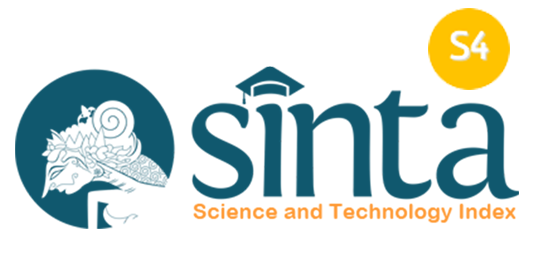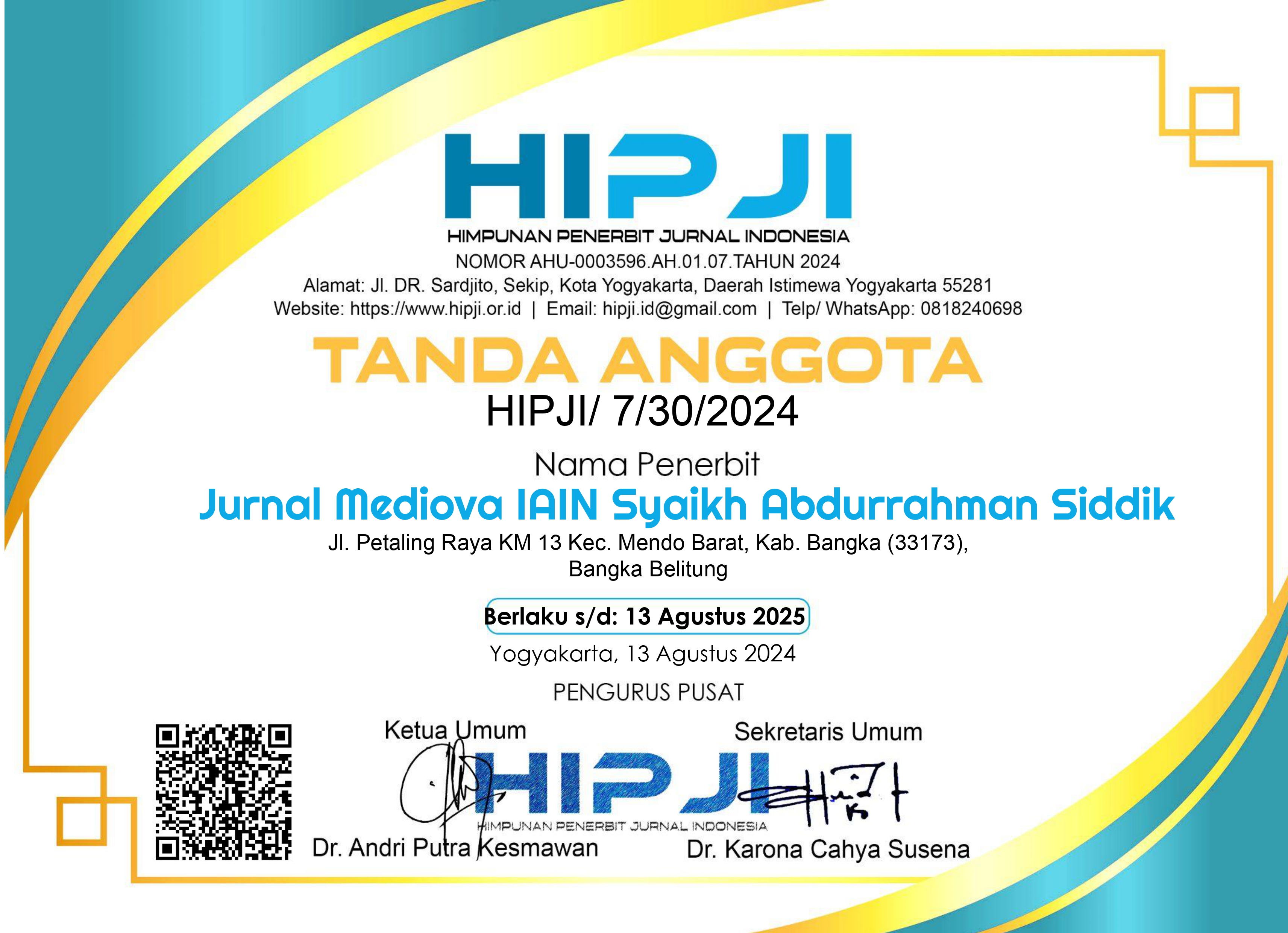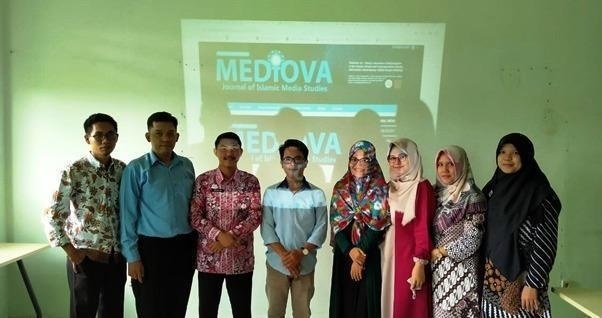COPYRIGHT AND ISLAMIC CONTENT IN THE MEDIA INDUSTRY
Abstract
The rapid advancement of digital technology has created significant opportunities for the dissemination of Islamic content through social media. However, this development also comes with an increasing prevalence of copyright violations against da'wah content, largely due to weak regulations and insufficient oversight. This study aims to analyze copyright regulations in the media industry, particularly concerning Islamic content, and to identify the challenges faced by creators in producing and distributing their work. Using a library research method, the study finds that current copyright laws still have gaps in protecting Islamic content, both in terms of unauthorized use and restrictions imposed by social media algorithms. Other challenges faced by creators include the risk of false copyright claims, competition with more popular content, and dilemmas related to monetizing da'wah content. Therefore, this study proposes alternative copyright protection mechanisms such as the implementation of open licenses (Creative Commons), blockchain technology, digital watermarking, and the categorization of Islamic content on digital platforms. Collaboration between the government, media platforms, content creators, and Islamic organizations is a key factor in ensuring copyright regulations are enforced effectively without hindering digital da'wah. With more adaptive protection mechanisms, Islamic content can continue to grow as a high-quality medium for education and da'wah while respecting the intellectual property rights of its creators.
Downloads
Copyright (c) 2025 Muchammad Mustofa Algholayani, Nikmah Hadiati Salisah

This work is licensed under a Creative Commons Attribution 4.0 International License.
Copyright Assignment
As an author of Journal Mediova of the Islamic Journalism study program of the Islamic Da'wah and Communication Faculty, IAIN Syaikh Abdurrahman Siddik Bangka Belitung, I, who sign below:
Declare:
- My paper is authentic; my own writing and it has not been published/proposed on any other journals and publication.
- My paper is not plagiarism but my original idea/research.
- My paper is not written by other help, except with Board of Editors and Reviewers recommendation who have been chosen by this journal.
- In my paper, there are no other writings or opinions except referred in bibliography and relevant with the rule of writing in this journal.
- I will do this assignment for sure. If there are irregularities and untruths in this assignment, I will be responsible later according to the applicable law.
- Authors retain copyright and grant the journal right of first publication with the work simultaneously licensed under a Creative Commons Attribution 4.0 International License that allows others to share the work with an acknowledgment of the work's authorship and initial publication in this journal.
- Authors are able to enter into separate, additional contractual arrangements for the non-exclusive distribution of the journal's published version of the work (e.g., post it to an institutional repository or publish it in a book), with an acknowledgment of its initial publication in this journal.
- Authors are permitted and encouraged to post their work online (e.g., in institutional repositories or on their website) prior to and during the submission process, as it can lead to productive exchanges, as well as earlier and greater citation of published work (See The Effect of Open Access).








.png)









